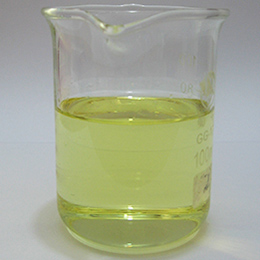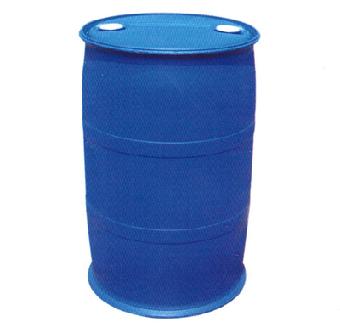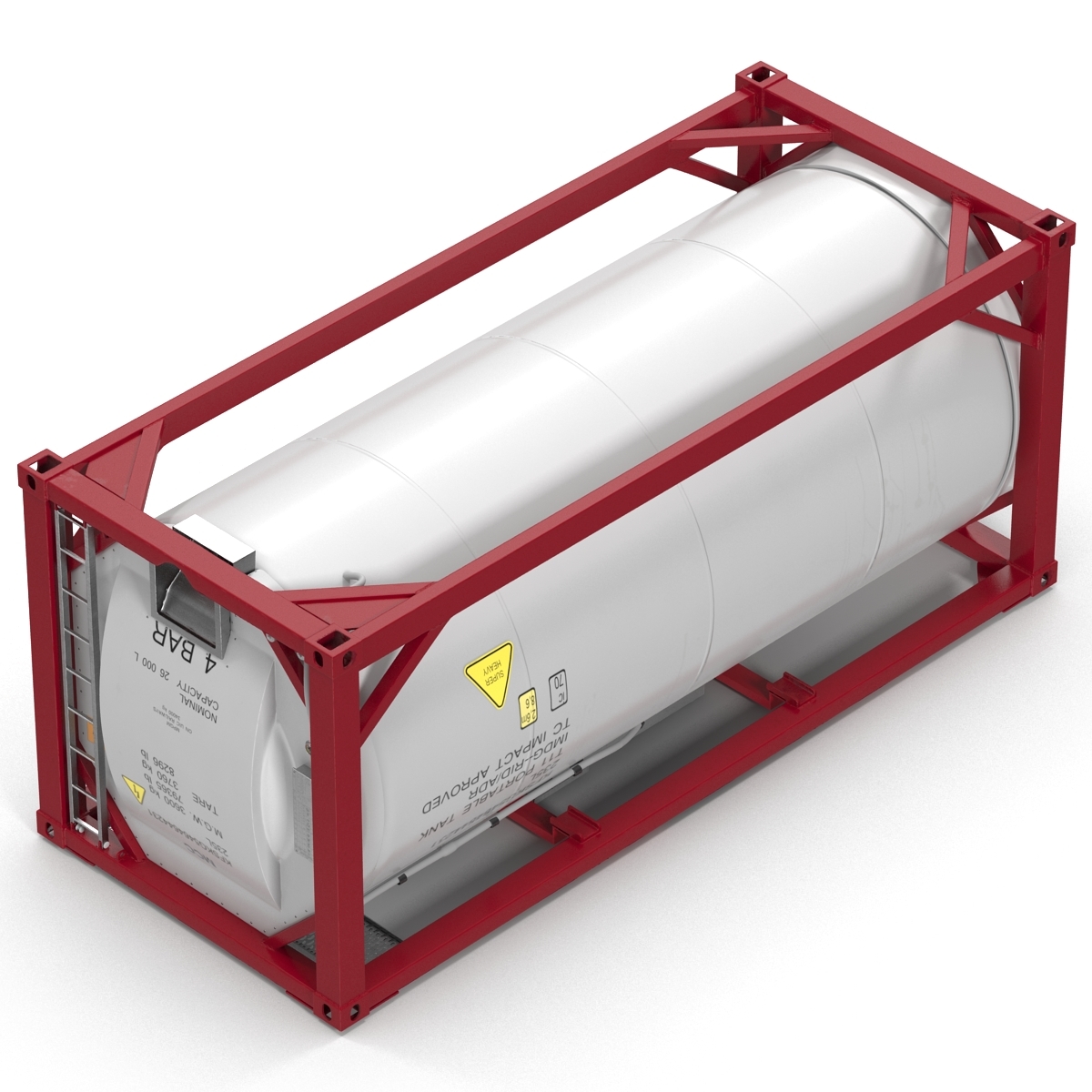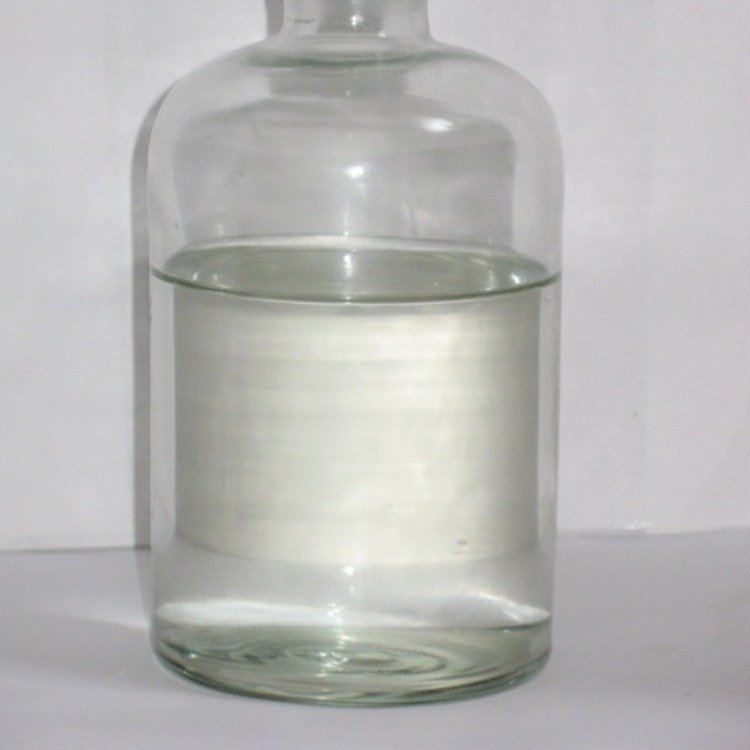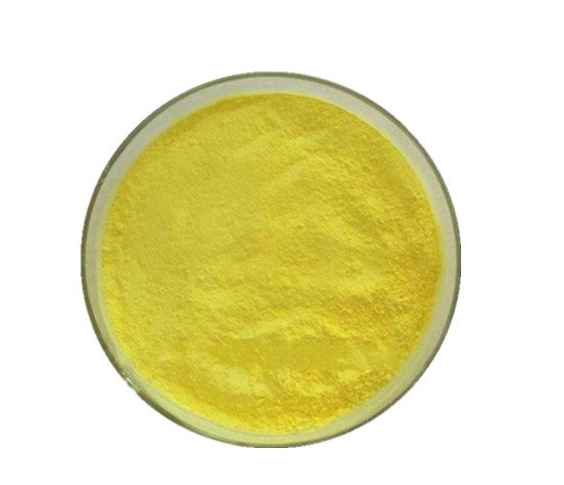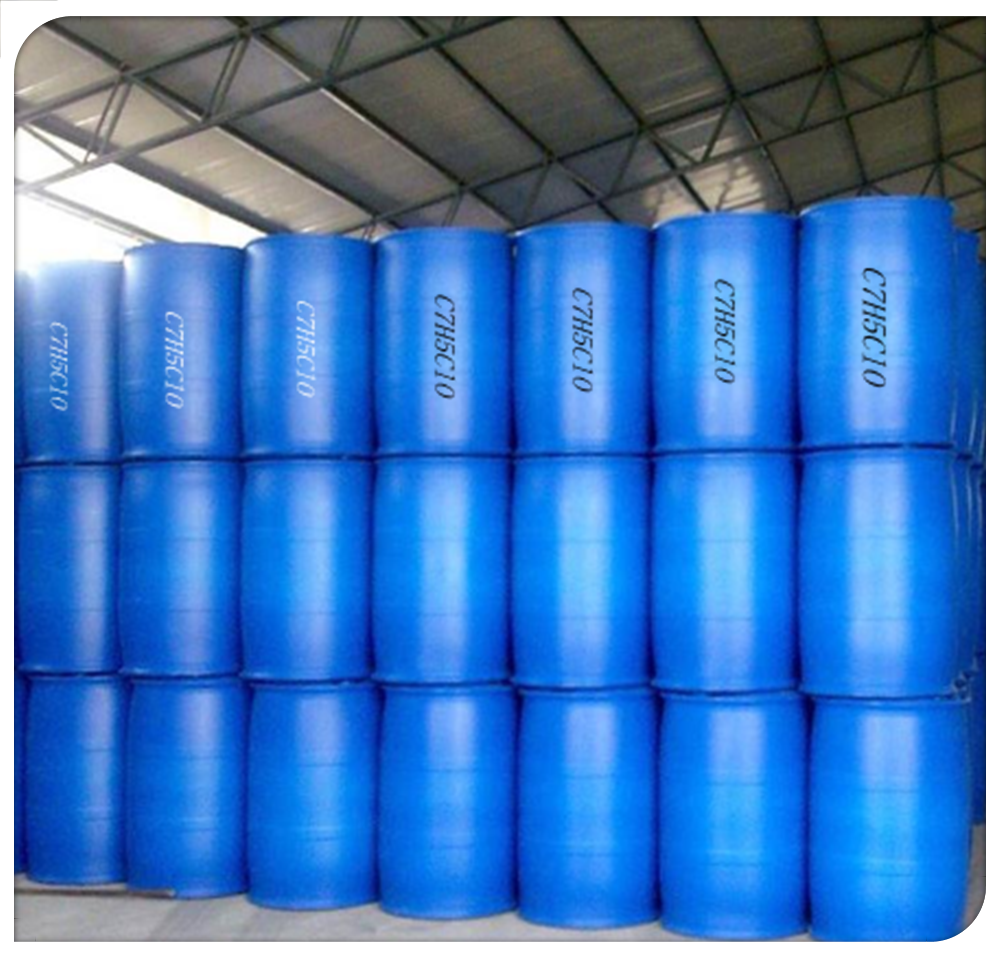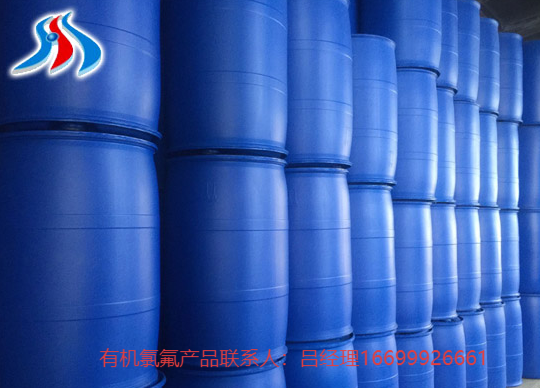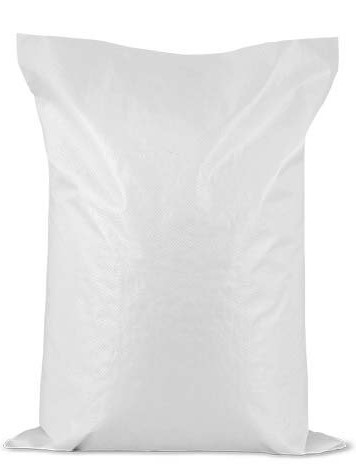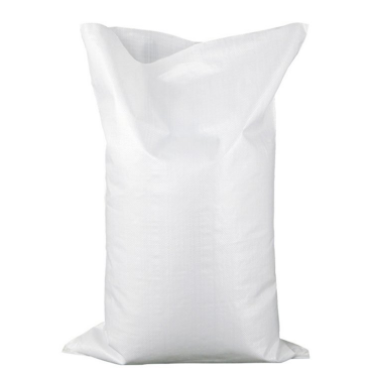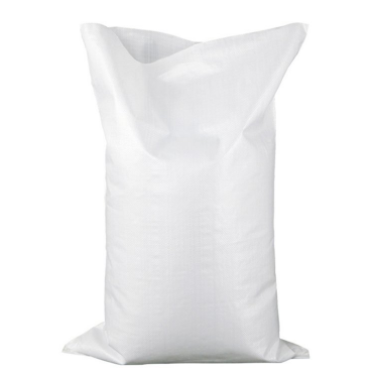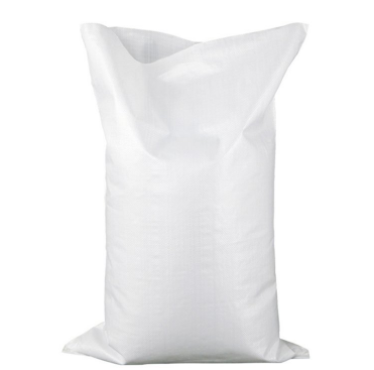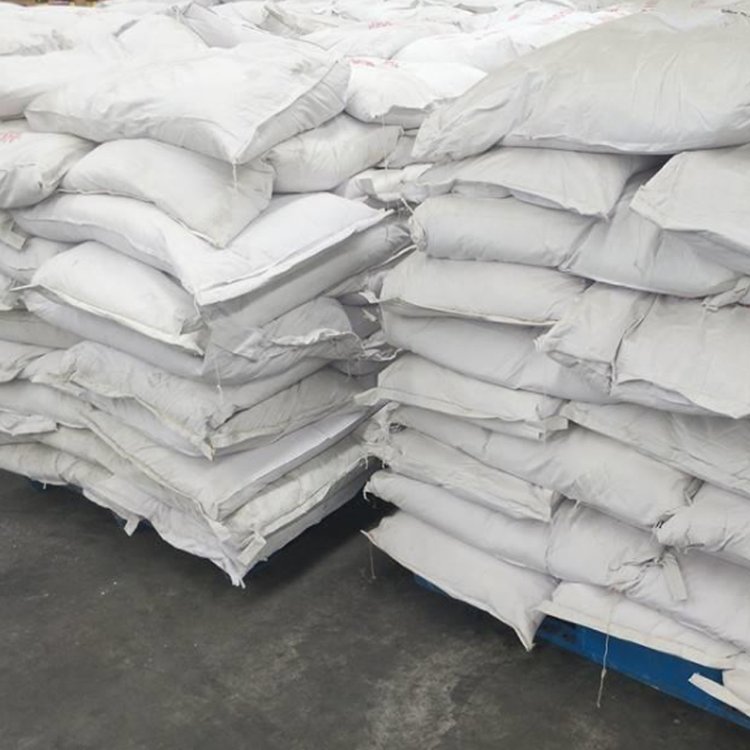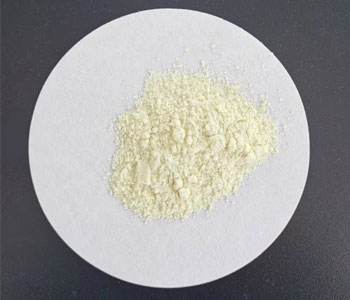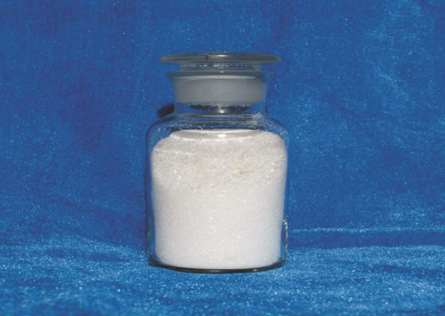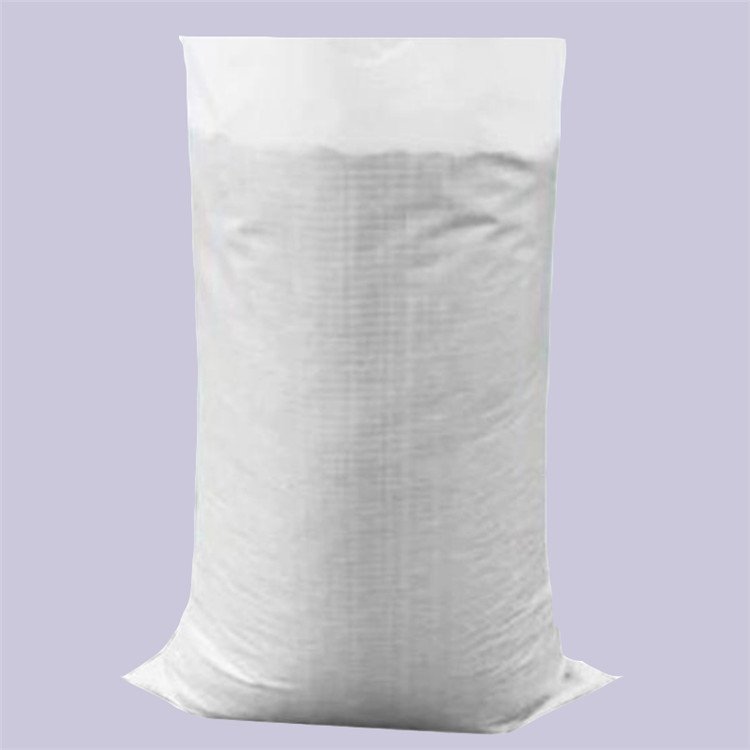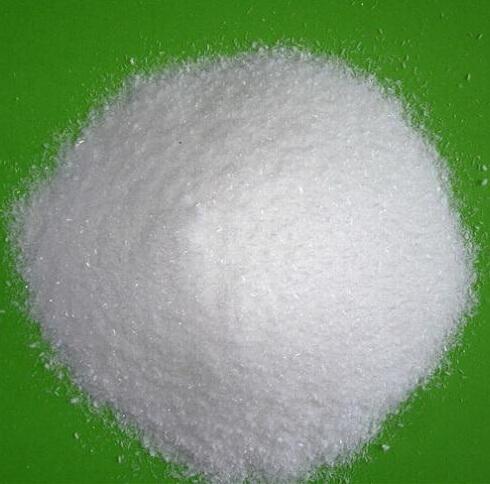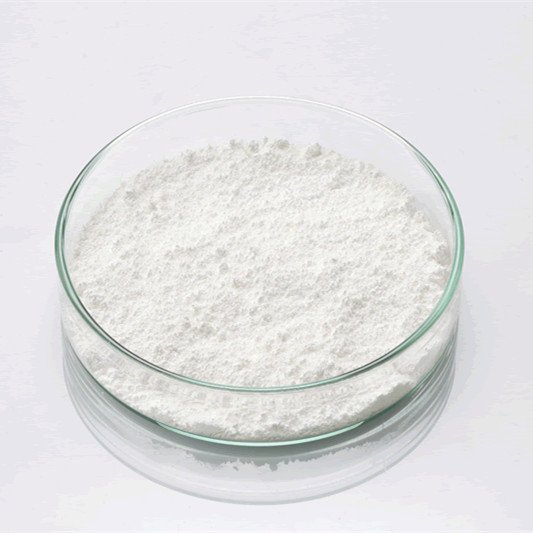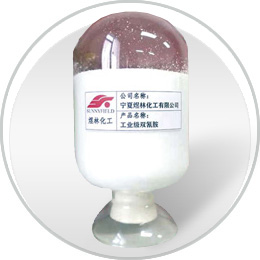Dyestuffs and Pigments
Intermediates
Cationic Dyes
Pigment Black
Sulfur Dyes
Ingrain Dyes
Others
Pigment Orange
Solvent Dyes
Pigment
Vat Dyes
Dye Intermediates
Pigment Brown
Dyestuff
Pigment Violet
Dispersive Dyes
Other Dyes
Pigment Red
Pigment Yellow
Metallic Pigment
Pigment White
Reactive Dyes
Acid Dyes
Direct Dyes
Pigment Green
Basic Dyes
Nitrogen Compounds
Pigment Blue
Pearlescent Pigment
Find
651
related chemicals for you
CAS:88-73-3
Molecular Formula:C6H4ClNO2
Alias
More Information
2-Nitrochlorobenzene; Benzene, 1-Chloro-2-Nitro-; 1-Chloro-2-Nitrobenzene; O-Chloronitrobenzene; O-Nitrochlorobenzene (ONCB); ONCB
Brief Introduction
O-nitrochlorobenzene is an important intermediate in organic synthesis, and can be derived from many intermediates. It is used in the dye industry to make yellow GC, orange GR, etc; It is used to manufacture rubber accelerators m and DM in the aspect of additives; It is used in the synthesis of vanillin in the spice industry; Pesticide industry is used to produce tobuzin, methyltobuzin and carbendazim; It is also a raw material for benzotriazole ultraviolet absorbers. It is also an important intermediate of medicine.
Suppliers
View More Vendors (5) >
CAS:104-88-1
Molecular Formula:C7H5ClO
Alias
More Information
p-Chlorobenzaldehyde; 4-Chlorobenzaldehyde; p-Chlorobenzenecarboxaldehyde; Para-Chlorobenzaldehyde; P-Fluorobenzaldehyde; 4-Chlorbenzaldehyd; PARA Chloro Benzaldehyde; 4-Chloro Benzaldehyde; p Chloro Benzaldehyde
Brief Introduction
4-Chlorobenzaldehyde is also known as 4-chlorobenzaldehyde, with a molecular formula of C7H5ClO and a molecular weight of 140.567. This substance is mainly used in the manufacture of sedatives such as fenalol and aminophenolic acid and other pharmaceutical raw materials and intermediates. It is used in the manufacture of chlorocinnamon Aldehydes, weeding and killing enemies, etc.
Suppliers
View More Vendors (5) >
Hubei Lianchang New Material Co.,Ltd.
99.55%
/
Tech Grade
250kg
/
Plastic Drum
CAS:12207-64-6
Molecular Formula:H8Mo4N2O13
Alias
More Information
Diammonium Tridecaoxotetramolybdate(2-); Ammonium Tetramolybdate; Ammonium Metamolybdate; Diammonium Tridecaoxotetramolybdate; Ammoinumtetramolybdate; Diazanium,Oxido-[[(Oxido(Dioxo)Molybdenio)Oxy-Dioxomolybdenio]Oxy-Dioxomolybdenio]Oxy-Dioxomolybdenum; Ammonium Tetramolybdate Dihydrate; Ammonium Quartmolybdate; AQM
Brief Introduction
It is used to produce hydrogenation, desulfurization and other petroleum refining catalysts, trace element fertilizers, and raw materials for manufacturing ceramic pigments, pigments and other molybdenum compounds.
Suppliers
View More Vendors (5) >
CAS:135-61-5
Molecular Formula:C18H15NO2
Alias
More Information
3-Hydroxy-N-(2-Methylphenyl)Naphthalene-2-Carboxamide; 2-Hydroxy-3-Naphthoic Acid O-Toluidide; 3-Hydroxy-2'-Methyl-2-Naphthanilide; 3-Hydroxy-N-(O-Tolyl)-2-Naphthamide; Azoic Coupling Component 18; 1-(2',3'-Hydroxynaphthoylamino)-2-Methylbenzene; 2-Naphtho-O-Toluidide, 3-Hydroxy-; 3-Hydroxy-N-(2-Methylphenyl)-2-Naphthalenecarboxamid; Acco Naf-Sol As-D; Acco Naphthol As-D; Acna Naphthol E; Amanil Naphthol As-D; Chromophenol AS-D; _|_; Dyestuff
Brief Introduction
Azoic Coupling Component 18 is mainly used in the production of insoluble azo dyes and in the dyeing and printing of cotton fibers, viscose fibers and some synthetic fibers. It is the main red primer for dyeing cotton fibers. The performance is similar to that of chlorophenol as, so it can be mixed to adjust the shade. Jujube red with red base B and rose red with red base RL. It is also used for dyeing vinylon, viscose fiber, silk and diacetate fiber. As-d is used as a base agent for cotton printing. It can produce orange, red, purple and blue colors with different color bases. It has low affinity to cotton and medium coupling ability. It is also used to make fast pigment and lake pigment.
Suppliers
View More Vendors (5) >
Shandong Century Sunshine Technology Co.,Ltd.
≥98.5%
/
-
Shandong Andy New Material Co.,Ltd.
-
Tech Grade
CAS:461-58-5
Molecular Formula:C2H4N4
Alias
More Information
N-Cyanoguanidine; Dicyanodiamide; Dicyandiamide(Cyanoguanidine); DCD; 1-Cyanoguanidine; 2-Cyanoguanidine; Cyanoguanidine; Cyanoguanidine (Metformin Related Compound A); Cyanoguanidine Metformin Related Compound A USP; Dicyanodiamide (Cyanoguanidine); DCDA; Dicyandiamide CAS no 461-58-5; CAS no 461-58-5
Brief Introduction
Cyanoguanidine is a guanidine in which one of the amino hydrogens of guanidine itself is substituted by a cyano group. It is used in the manufacture of fertilizers, pharmaceuticals, explosives, oil well drilling muds, and dyestuffs. It has a role as a curing agent, a flame retardant, a fertilizer, an explosive and a nitrification inhibitor. It is a member of guanidines and a nitrile.
Suppliers
View More Vendors (5) >
Inquiry (
10
/ 10
)
Clear All
You can inquire for up to 10 products at a time
Sign In
Error!

